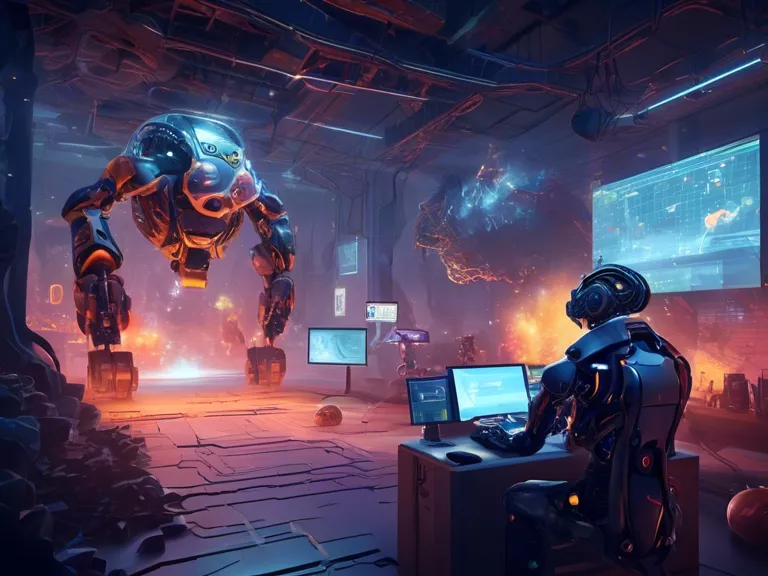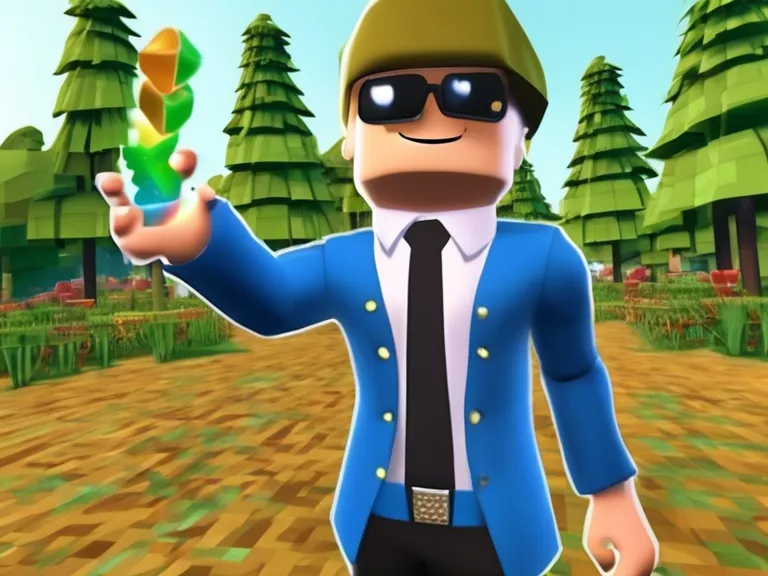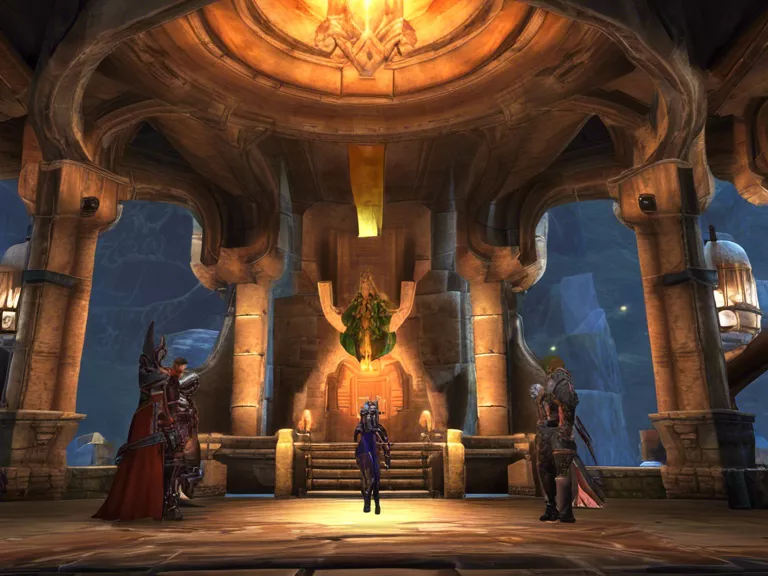
Artificial intelligence is revolutionizing the game development industry by streamlining workflows and enhancing creativity. This article explores the role of AI in evolving game development workflows, from generating content to playtesting and beyond.
One of the key ways AI is transforming game development workflows is through content generation. With the help of AI algorithms, developers can automatically generate assets such as textures, models, and animations. This not only speeds up the development process but also allows for more creative freedom as developers can focus on refining the generated content rather than starting from scratch.
AI is also being used to improve playtesting processes. By analyzing player behavior and feedback, AI can help developers identify potential issues in the game design early on. This allows for more efficient iteration and refinement of gameplay mechanics, leading to a better overall player experience.
In addition to content generation and playtesting, AI is also being used to personalize gameplay experiences. By analyzing player data and behavior, AI can create dynamic and adaptive game worlds that respond to the player's actions in real-time. This level of personalization not only enhances engagement but also creates a more immersive and satisfying gaming experience.
Overall, the role of AI in evolving game development workflows is undeniable. From content generation to playtesting and personalization, AI is transforming the way games are created and experienced. By leveraging the power of AI, game developers can unlock new levels of creativity and deliver more engaging and immersive gaming experiences to players around the world.



